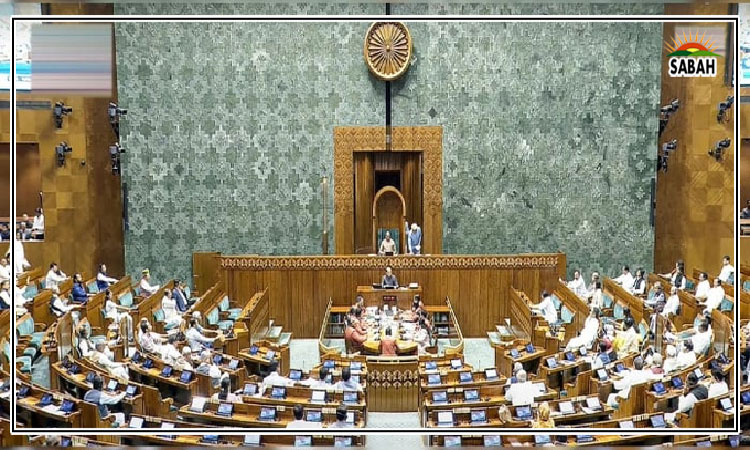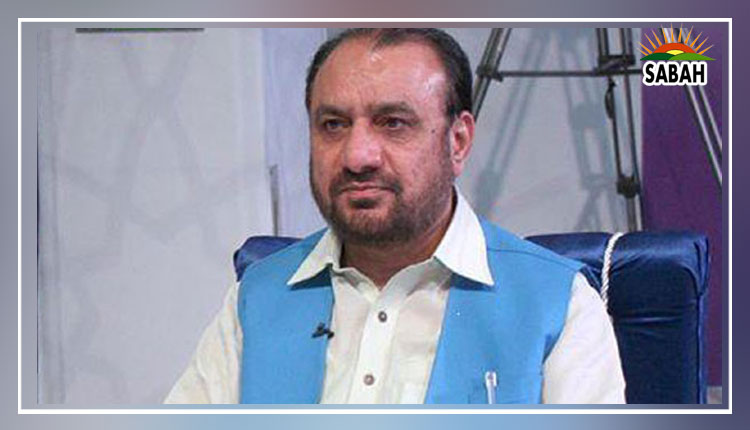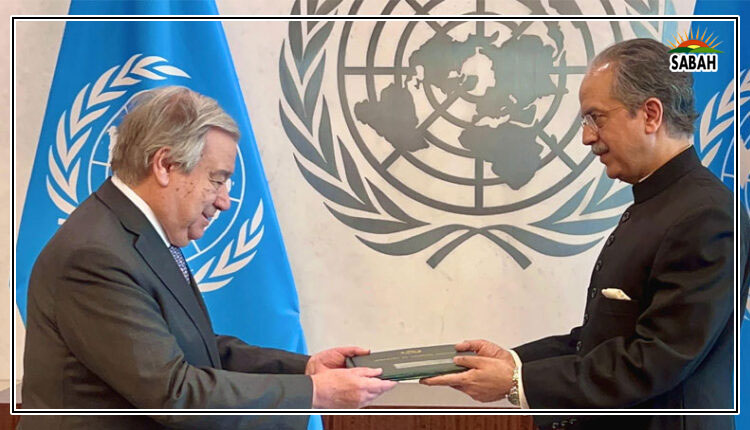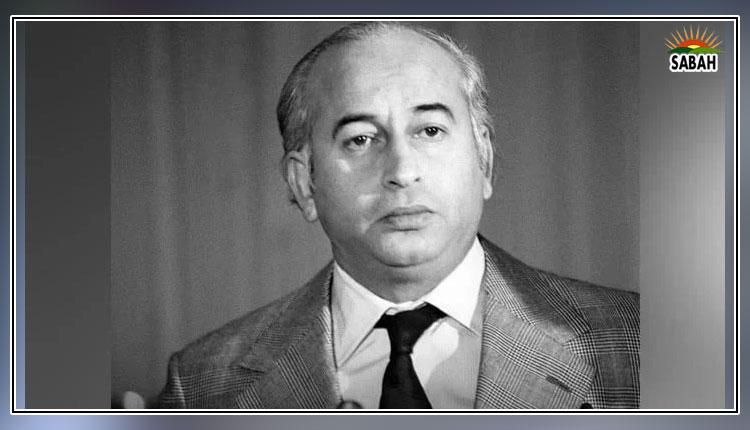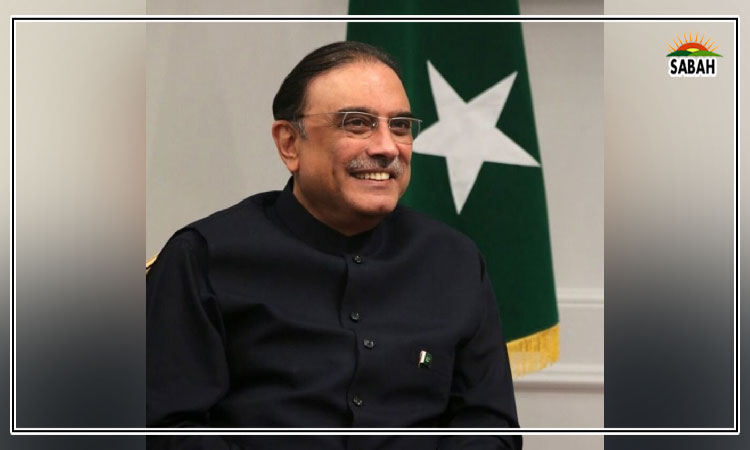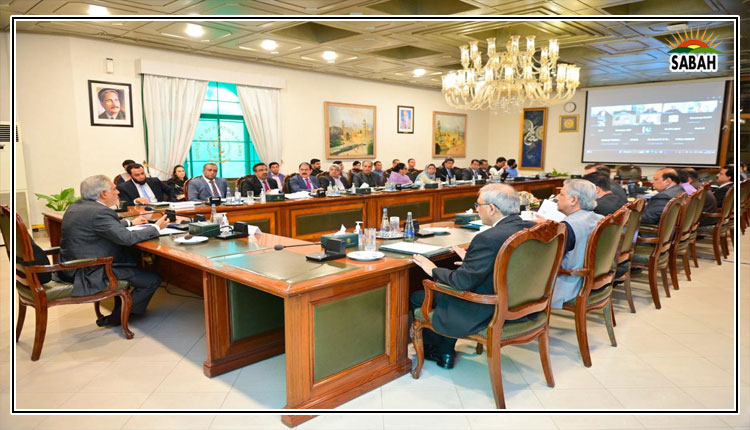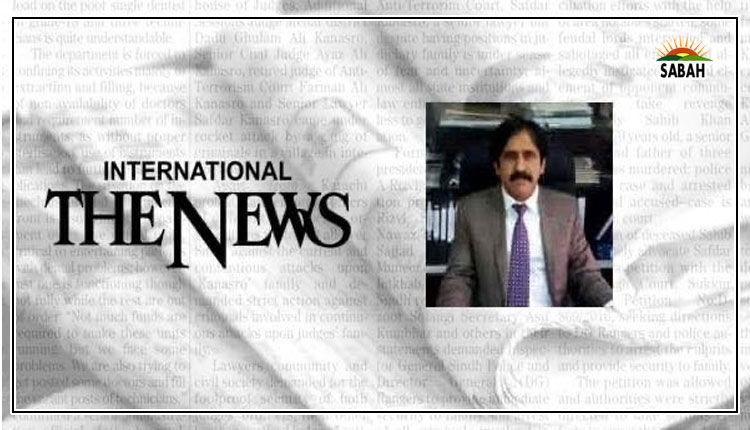Let’s hold elections …. Hassan Baig
History teaches us that no country can ever grow or develop without following a proper system of governance. Only a strong system that works to achieve something great and worthwhile can help nations grow.
Pakistan is passing through a critical phase and has to deal with issues of a complex nature, ranging from a possible economic default to political upheavals. A country’s political system ideally provides a firm ground for economic growth, but in the case of Pakistan, its politics is under turbulence. What we should do is to hold elections to get out of this critical situation.
The social contract between citizens and the state provides a basis of trust and confidence in the system. This faith is weakening in Pakistan, and that is the real threat to the system. We need to restore the confidence of Pakistanis on the system as per their aspirations in accordance with the provisions of the constitution. Any deviation to the constitution means tearing apart the social contract, which has the potential to destroy the entire social structure. Policymakers and the ‘bigwigs’ have to understand the importance of the electoral system; hyperinflation is already playing havoc with the nation.
Terrorism has once again entered our country, creating a security situation. An inclusive political system can restore the faltering law-and-order situation as well as take care of rising poverty in the country. Developed and progressive countries like China, India, the US and European nations have all followed and practised a rock-solid political system based on their social contract.
US policymakers have always ensured that elections in the country are held on the specified day, date, time and year as per the country’s constitution since their independence; they elected their first president George Washington in 1789. Since then, policymakers in the US have ensured that people get to vote for their popular leaders and no war or emergency could ever compel them to postpone elections. This is the way forward to gain the status of a great nation and superpower, and earn respect in the international community.
Contrary to this, wrong policy decisions and mismanagement have marred the political and economic system of Pakistan, disturbing the social fabric of society. Had we practised and protected the electoral system since our independence in 1947, we would have had received the status of an ‘Asian Tiger’ in the real sense of the word. But unfortunately we have been experimenting with multiple political and economic systems that lack coherence and consistency, and this has pushed the country towards a total collapse.
These adventures need to be avoided as we cannot afford such drastic decisions any more. But what next, then? The real choice is to leave decision-making on the people of Pakistan to promote the democratic process. Otherwise, the obvious choice is to go for another social contract, which may not be a popular decision.
Currently, the ‘caretakers’ are doing everything except making arrangements to hold elections. This is strange. Hyperinflation has hit the poor hard, and the caretakers cannot do anything about it except for asking people to wait. But this wait is too long and arduous. And many experts suggest that the ordeal may take an even longer time than expected to end given the situation on ground. The IMF’s stop-gap arrangement/stand-by agreement is in place. The document contains plenty of hard and strict conditions to correct the economy, which is the most difficult task of the time to deal with.
The Special Investment Facilitation Council (SIFC) is also in the process of establishing a full-fledged secretariat to help explore the avenues of foreign direct investment (FDI) in clear terms or in public-private partnership (PPP) mode. We are yet to see the outcome of this initiative.
The Election Commission of Pakistan (ECP) is apparently more interested in the delimitation of electoral constituencies instead of holding elections in Pakistan. The ECP is also in the process of consultation with political parties to decide on elections, but what about the constitution that bounds it to hold elections within the stipulated time period as given in the constitution of Pakistan. We do not know much about the constitutional requirement regarding consultation with political parties.
If there is any constitutional obligation regarding delimitation on the basis of the new digital census as approved by the Council of Common Interest (CCI), then at least a date for elections could be announced by the ECP. The delay in announcing the exact date for elections in Pakistan is giving rise to undue speculations, which must be avoided to help save the economy from collapse.
The economic emergency requires a speedy decision on elections to hand over the reins of government to elected leaders, who can take long-term decisions for economic reforms. Economic growth and development needs an immediate policy decision to settle political disputes. Economic security is a new paradigm to rely upon for ultimate security of the state. Economic power now decides whether a country is a strong state/super power, as the time of chivalry has gone into the dustbin of history. Tech powers or chip and semiconductors producers controlling the supply chains of this critical technology are the new realities of economic powers.
The new war is an economic war between tech giants – China and the US – in an attempt to control this world. The most pressing question to ask is: where does Pakistan lie on this list?
Pakistan has the potential and capacity to rise up from the ashes, subject to some conditions and qualifications to be fulfilled in the first place. First, the election process be restored immediately to restore the confidence of people. Second, an inclusive political democratic system be given a free hand to deal with internal and external issues of Pakistan’s security. Third, good relations be restored with all neighbouring countries without any exception. Fourth, privatization of state-owned enterprises (SOEs) be expedited to get rid of subsidies and losses.
Fifth, industrial clusters be propped up and developed by utilizing the window of the China-Pakistan Economic Corridor (CPEC) in the form of the already proposed 27 special economic zones (SEZs). Sixth, the agriculture sector be prioritized by providing subsidy to convert it into corporate farming.
Seventh, the IT sector may be given ‘industrial status’ to boost e-commerce and export of services. Eighth, education be promoted to get all children enrolled in schools, leaving no child behind.
Ninth, we should teach technical skills to our young people to enable them to find good job opportunities. Tenth, short-, medium- and long-term plans be devised to get rid of foreign loans to ensure the sustainable growth of the economy.
The writer is a former additional secretary and can be reached at: hassanbaig2009@gmail.com
Courtesy The News


